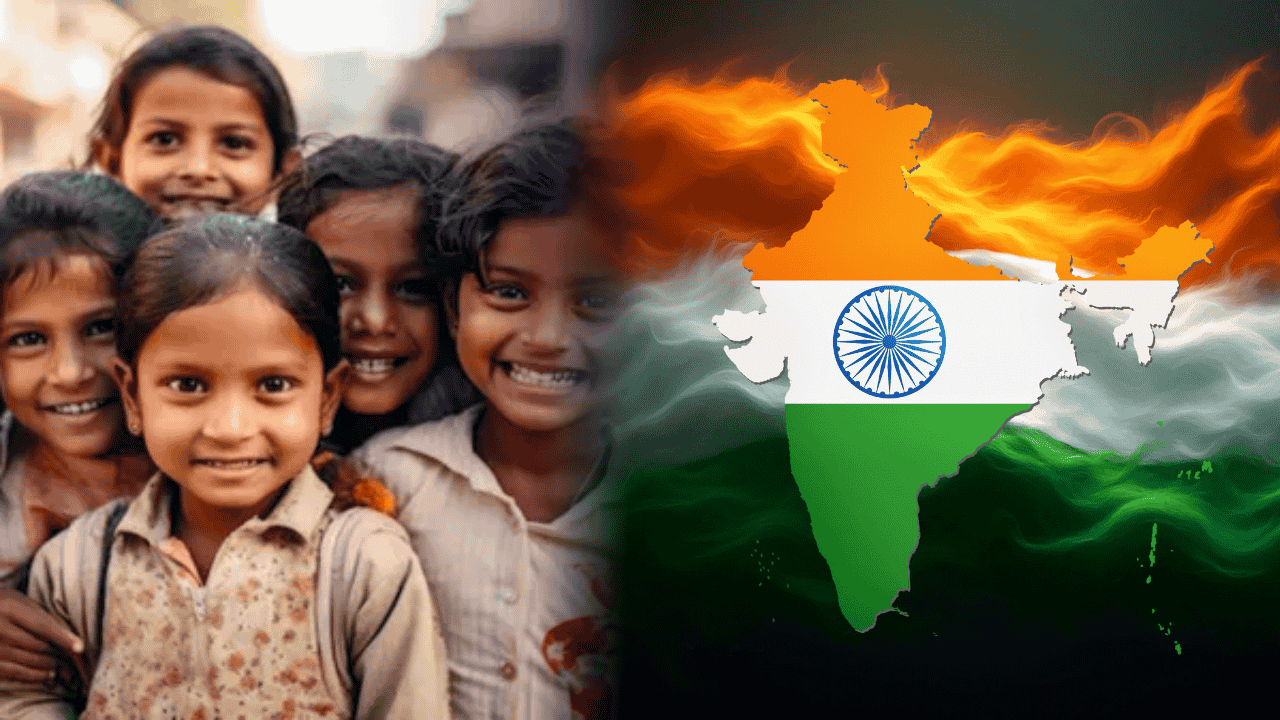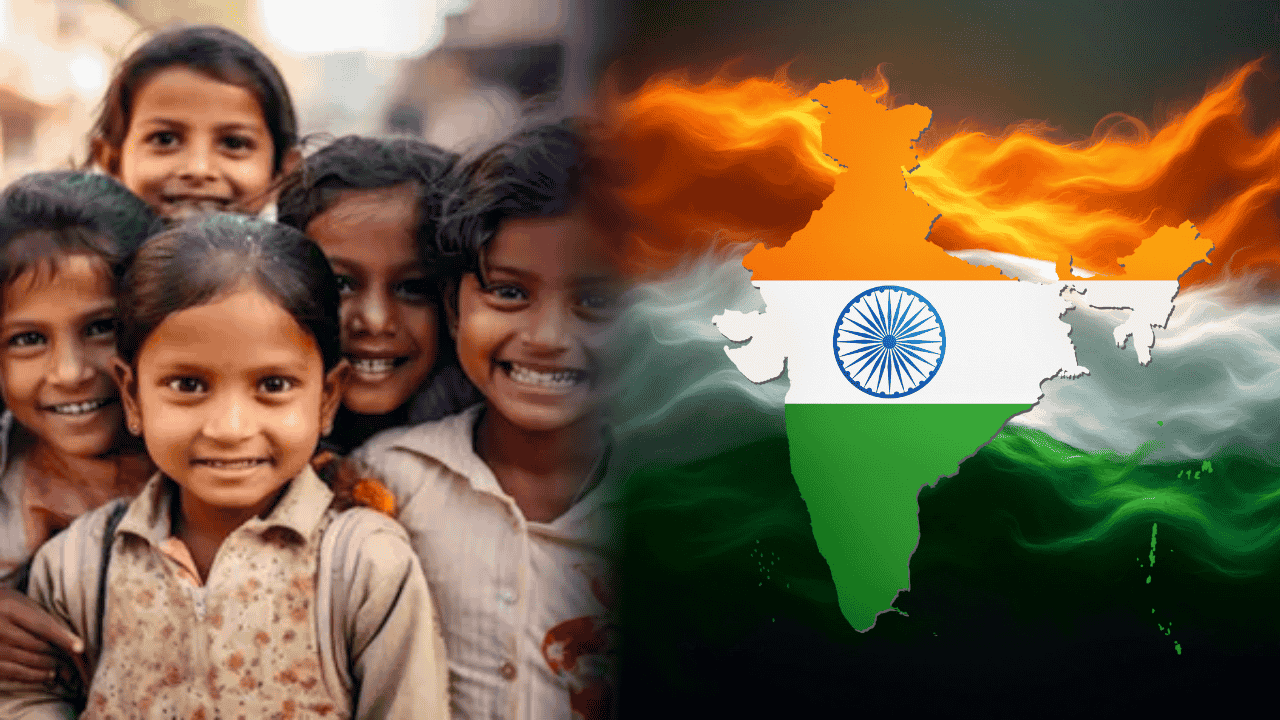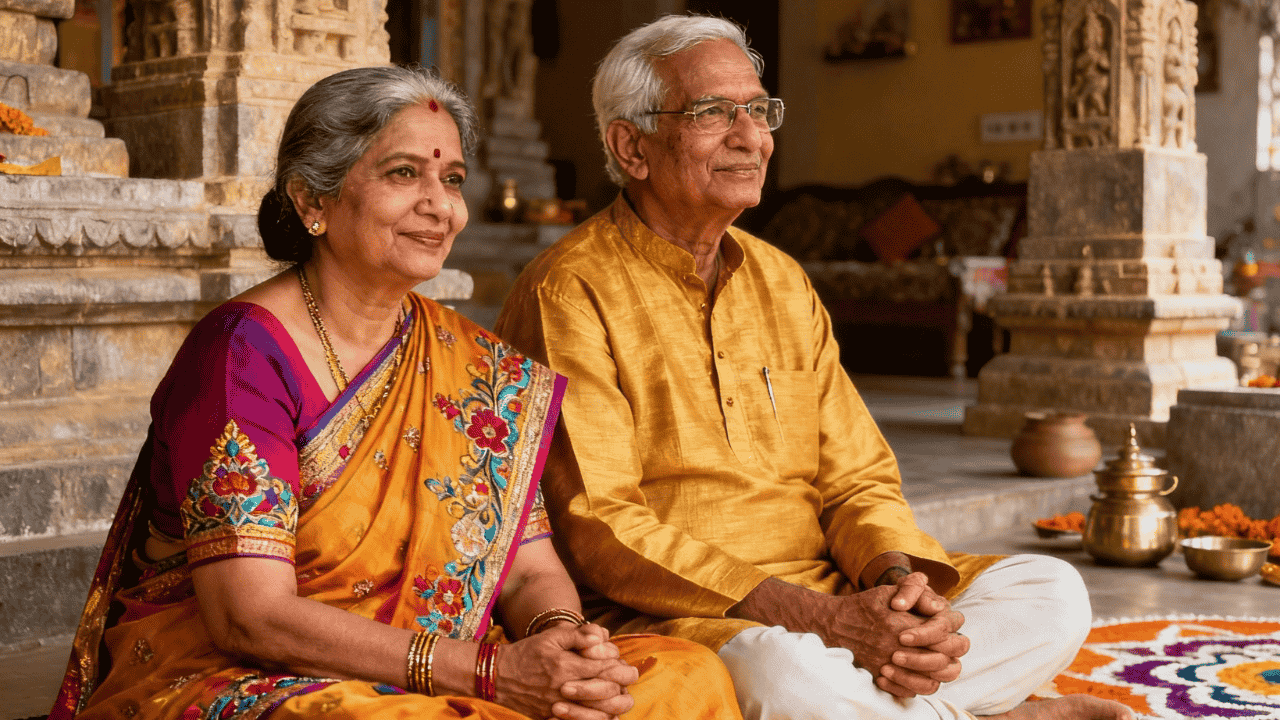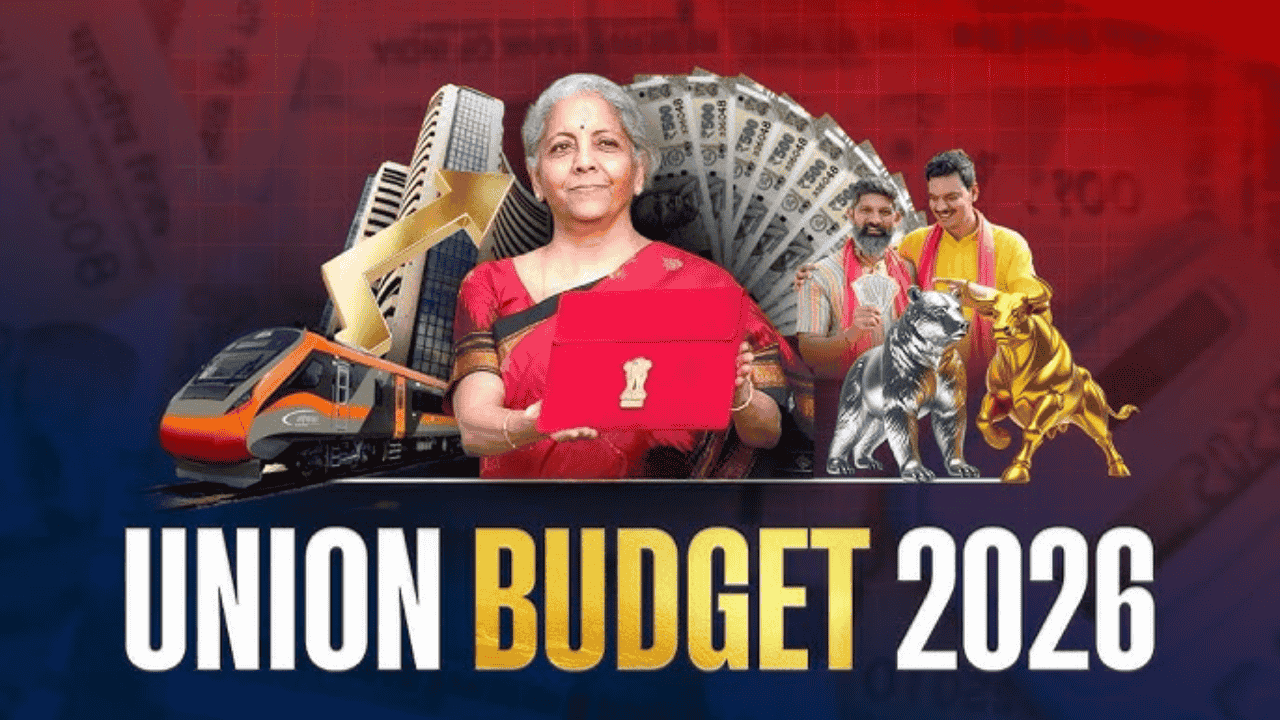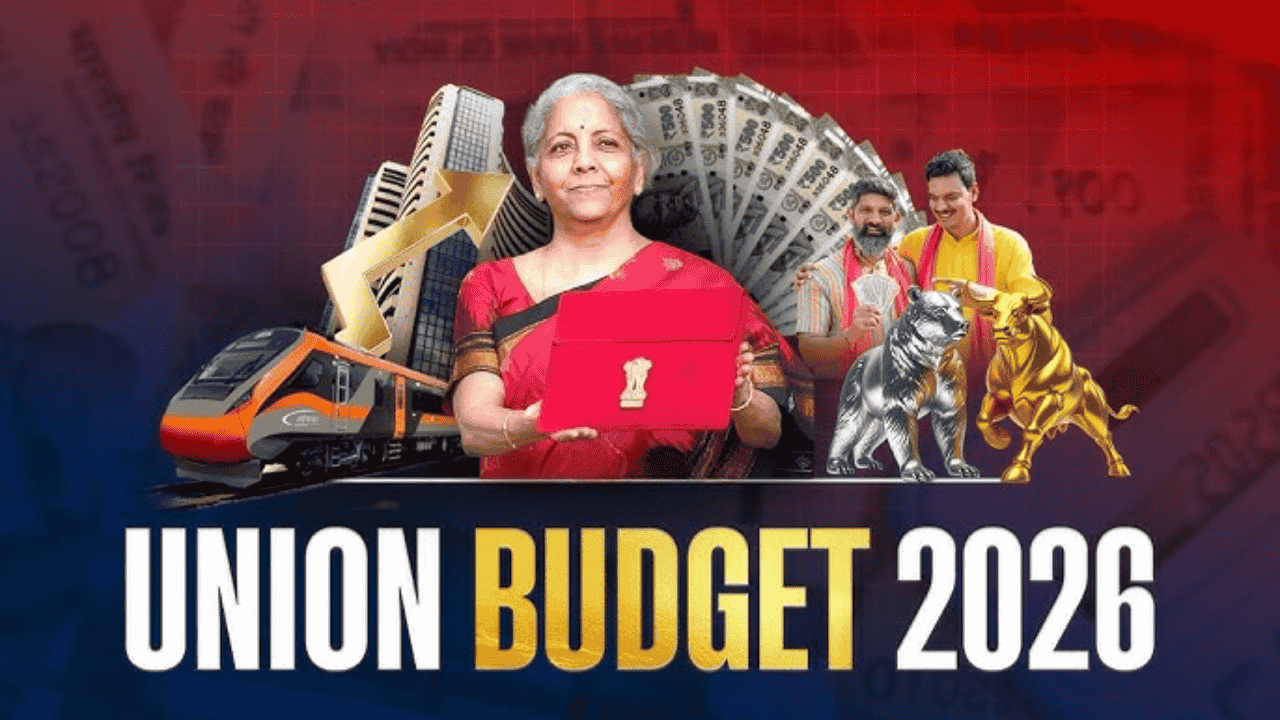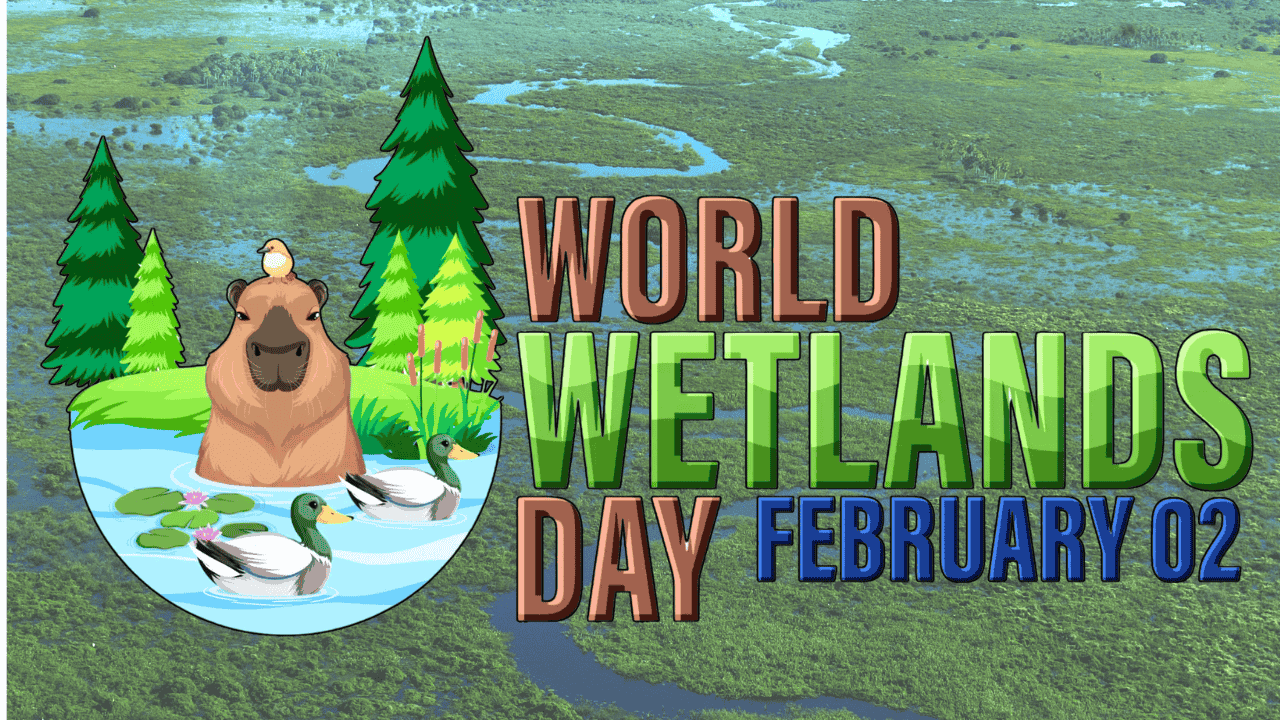Introduction
Freedom of expression is a fundamental pillar of democracy, but it must be exercised responsibly. The Indian Constitution grants this right under Article 19(1), while also imposing reasonable restrictions under Article 19(2) to maintain public order, morality, and decency. The principle of "Greatest Happiness for the Greatest Number," introduced by Jeremy Bentham, aligns with this, ensuring individual freedom does not compromise societal well-being.
In the modern digital age, the rapid rise of social media and video platforms like YouTube has amplified the reach of free speech. However, this has also led to the unchecked spread of misleading, offensive, and morally degrading content, necessitating greater responsibility among content creators.
Freedom of Expression and Its Constitutional Limits
While freedom of speech is essential for a progressive society, it comes with inherent limitations to protect public harmony.
Key Constitutional Provisions:
- Article 19(1): Grants Indian citizens the right to freedom of speech and expression.
- Article 19(2): Places reasonable restrictions to prevent content that disrupts public order, morality, and decency.
- Doctrine of Contemporary Community Standards: Introduced to regulate evolving societal norms, ensuring free speech does not violate ethical and cultural values.
Courts worldwide have upheld moral and ethical restrictions on expression, emphasizing that speech should not degrade societal values or incite discord.
Challenges in the Digital Era
With the advent of YouTube, social media, and other digital platforms, accessibility to content creation has increased manifold. However, this has also led to challenges such as:
✔ Unfiltered vulgar and offensive content
✔ Spread of misinformation and fake news
✔ Lack of awareness about ethical responsibilities among creators
Many YouTubers and social media influencers fail to recognize that their content shapes public opinion. The argument that "people watch what they like" does not justify morally questionable content.
Legal Framework Governing Digital Expression
Several laws regulate freedom of expression on digital platforms to prevent its misuse:
📌 Information Technology (IT) Act, 2000 – Governs digital content, cyber crimes, and online safety.
📌 Indian Penal Code (IPC) Section 295A – Prohibits content that hurts religious sentiments.
📌 Digital Media Guidelines, 2021 – Introduced to curb fake news and obscene content on social platforms.
Governments worldwide have tightened regulations on social media platforms to counter the spread of misleading and unethical content.
Responsibilities of YouTubers & Content Creators
To maintain a balance between free speech and social responsibility, digital creators must adhere to ethical guidelines:
✅ Fact-Checking Before Posting: Ensure accuracy and credibility before sharing information.
✅ Promoting Ethical Content: Avoid spreading hate speech, obscenity, or misleading information.
✅ Respecting Community Standards: Adhere to platform guidelines to ensure responsible digital behavior.
✅ Focusing on Value-Driven Content: Educate and inspire rather than mislead or degrade societal values.
The Role of the State & Public Awareness
While content creators bear responsibility, the government and judiciary play a crucial role in regulating online content. The state has the authority to intervene in public interest and curb content that threatens morality and social harmony.
At the same time, audiences should be made aware of responsible content consumption. Awareness campaigns promoting ethical digital behavior can prevent irresponsible freedom of expression from harming society.
Conclusion
Freedom of expression is a powerful right, but it must be exercised with responsibility. While the internet has empowered individuals to share ideas freely, it should not be misused to degrade moral values, spread misinformation, or disrupt public order.
YouTubers, social media influencers, and journalists must recognize their role in shaping public discourse. Responsible content creation and ethical speech practices can ensure that digital platforms remain spaces of meaningful discussions rather than avenues for societal harm.
Keywords: Freedom of Expression in India, Article 19(1) and 19(2), Digital Media Regulations, YouTube Content Guidelines, Social Media Responsibility, Ethical Content Creation, Fake News Prevention, Online Speech Regulations, Community Standards, Indian Constitution and Free Speech.
By Team Atharva Examwise #atharvaexamwise

